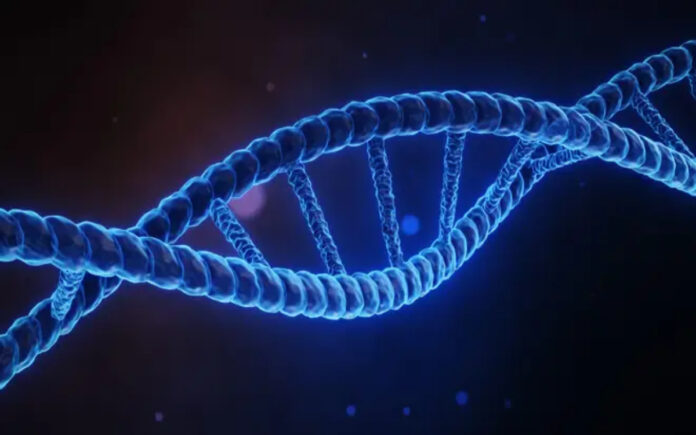Advances in synthetic biology are unlocking revolutionary possibilities, from treating chronic illnesses to engineering microbes that resist contamination. Yet, these scientific breakthroughs also raise significant risks, as highlighted by a recent report from international researchers.
One development sparking alarm is the creation of mirror-image bacteria, lab-engineered organisms that scientists warn could become an uncontrollable threat.
According to a 299-page report authored by 38 leading experts, including Nobel laureates and genome-sequencing pioneer Dr. Craig Venter, these chiral organisms possess properties that could challenge both ecosystems and public health.
The Science Behind Mirror Bacteria
Mirror bacteria are built using molecules that are structurally flipped compared to those found in natural life. DNA and proteins in living organisms exhibit a specific “handedness” — right-handed DNA and left-handed proteins. In contrast, mirror bacteria operate in reverse.
This reversed structure renders them invisible to immune systems and unaffected by natural predators or competitors. Scientists fear that if these organisms were to escape containment, they could proliferate uncontrollably.
Also Read | Isak Andic, Mango’s Visionary Founder, Dies in Mountain Accident
A Double-Edged Sword
While proponents cite potential applications in medicine and secure chemical production, experts stress that even minor lapses in containment could result in catastrophic consequences. The report underscores that existing antibiotics would be ineffective against these synthetic microbes, complicating any response to a potential outbreak.
Also Read | Brazil Uses Cutting-Edge Forensic Tech to Combat Illegal Gold Trade in the Amazon
A Call for Precaution
The group of researchers is urging a global moratorium on creating mirror organisms, advocating for international discussions to establish stringent safety protocols before further experiments proceed. They caution that without such measures, humanity risks unleashing “an unprecedented threat” to the environment and public health.



